Progression & Assessment
Progression and Assessment (Key Stage 3): Progression simply means ‘getting better’. History teachers need models of what progression in history looks like but many contrasting models exist and lively debates continue. All history teachers therefore need to know enough to understand those debates and join them. History teachers and history education researchers have traditions of defining and testing goals for students, debating how far these should relate to substantive knowledge and/or disciplinary thinking, researching typical routes pupils take towards them and working out optimal paths to help them get there more securely. Read more
Sort by:
Date (Newest first) | Title A-Z
Show:
All |
Articles |
Podcasts |
Multipage Articles
-
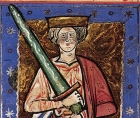
Assessment after levels
ArticleClick to view -
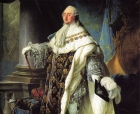
Building meaningful models of progression
ArticleClick to view -
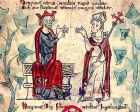
Using timelines in assessment
ArticleClick to view -

Move Me On 156: Assessment for Learning
ArticleClick to view -

Assessment and planning for progression at Key Stage 3
ArticleClick to view -

Progression & Assessment without Levels - Guide
Multipage ArticleClick to view -

Move Me On 154: Mixed Ability Groups
ArticleClick to view -

Teaching History Curriculum Supplement 2014
ArticleClick to view -

New, Novice or Nervous? 152: Describing Progression
ArticleClick to view -

Using ‘Assessment for Learning' to help students assume responsibility
ArticleClick to view -

Pupil-led historical enquiry: what might this actually be?
ArticleClick to view -

Assessment of students' uses of evidence
ArticleClick to view -

'Assessing Pupil Progress'
ArticleClick to view -
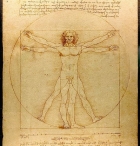
Progression - more than 'could do better'?
Multipage ArticleClick to view -

Rigorous, meaningful and robust: practical ways forward for assessment
ArticleClick to view -

Assessment without Level Descriptions
ArticleClick to view -
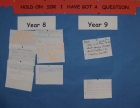
Building and assessing learner autonomy within the Key Stage 3 history classroom
ArticleClick to view -
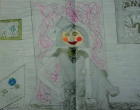
Redrawing the Renaissance - non verbal assessment in Year 7
ArticleClick to view -

Move Me On 128: Assessment without Levels
ArticleClick to view -

Creating controversy in the classroom: making progress with historical significance
ArticleClick to view

